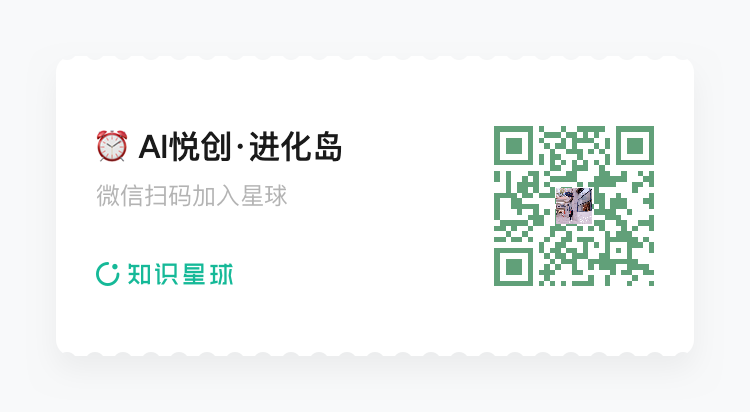Docling: Transform any document into LLM ready data in just a few lines of python code!
In today’s fast-paced world, data is the backbone of innovation. From academic papers to business reports, we rely heavily on documents to store and share knowledge. But how do we make this information accessible and usable in AI-powered applications?
Enter Docling — a cutting-edge, open-source Python library that transforms documents into AI-ready data in just a few lines of code. Whether you’re working with PDFs, Word files, or even scanned images, Docling simplifies data extraction and formatting for modern workflows.
In this article, we’ll explore Docling’s features, installation, and use cases to help you leverage its capabilities for your projects.

Why Docling?
Docling is designed for developers, researchers, and businesses looking to streamline document processing. With support for multiple file formats and seamless integration with AI frameworks, it offers a robust and flexible solution.
Key Features:
- 📂 Supports Multiple Formats — Handles PDFs, DOCX, PPTX, XLSX, images, HTML, Markdown, and more.
- 🧠 Smart PDF Parsing — Detects layouts, reading order, and even table structures.
- 🔗 AI Integration — Works seamlessly with popular frameworks like LlamaIndex and LangChain for question-answering (QA) and retrieval-augmented generation (RAG) tasks.
- 🔍 OCR for Scanned PDFs — Extracts text from image-based documents.
- 💻 Command-Line Friendly — Use it directly from the terminal for quick transformations.
- 🔄 Flexible Output Options — Export data in HTML, Markdown, or JSON, with embedded or linked images.
And with features like metadata extraction and code recognition coming soon, Docling is continually evolving to meet modern demands.
Installation Made Simple
Getting started with Docling is straightforward. It’s compatible with macOS, Linux, and Windows across both x86_64 and arm64 architectures.
Step 1: Open your terminal and run:
pip install doclingStep 2: You’re all set! For detailed installation instructions, visit the documentation.
Let’s Write Some Code!
1. Convert a Document in Seconds
Want to extract content from a PDF? With Docling, it’s as simple as this:
from docling.document_converter import DocumentConverter
# Provide a document path or URL
source = "https://arxiv.org/pdf/2408.09869"
converter = DocumentConverter()
# Convert the document
result = converter.convert(source)
# Export the output to Markdown format
print(result.document.export_to_markdown())Output:
## Docling Technical Report
...This snippet fetches the content, processes the layout, and outputs clean, structured text ready for AI applications.
2. Advanced PDF Parsing
Handling complex layouts with tables? Docling does the heavy lifting:
source = "sample_table.pdf"
result = converter.convert(source)
# Extract table structures
tables = result.document.get_tables()
# Print extracted tables in JSON format
print(tables)Output:
[ { "headers": ["Name", "Age", "Score"],
"rows": [
["Alice", "23", "95"],
["Bob", "24", "89"]
]
}
]3. Seamless AI Integration
If you’re building a chatbot or Q&A system, Docling pairs perfectly with LlamaIndex and LangChain.
Example:
from langchain.text_splitter import CharacterTextSplitter
from llama_index import Document, GPTSimpleVectorIndex
# Convert the document
source = "sample_report.pdf"
result = converter.convert(source)
# Prepare data for AI processing
text = result.document.export_to_markdown()
splitter = CharacterTextSplitter(chunk_size=500, chunk_overlap=50)
docs = [Document(text=chunk) for chunk in splitter.split_text(text)]
# Build an index
index = GPTSimpleVectorIndex.from_documents(docs)
# Query the AI system
response = index.query("Summarize the document")
print(response)This example demonstrates how Docling acts as the bridge between raw documents and AI-driven workflows.
What’s Coming Next?
Docling is already a powerful tool, but the roadmap is even more exciting:
- Equation & Code Extraction — Perfect for researchers and programmers.
- Metadata Extraction — Automatically detect titles, authors, references, and languages.
- Native LangChain Extension — Streamlined integrations for advanced AI workflows.
Applications
- AI Chatbots — Use Docling with LangChain to create intelligent document-based assistants.
- Legal Document Analysis — Extract tables and clauses for legal workflows.
- Financial Reports — Parse and analyze structured data like Excel sheets.
- Research Papers — Retrieve insights and summaries from academic articles.
- OCR and Archiving — Digitize and organize scanned documents.
Why Docling Stands Out
Unlike traditional parsers, Docling goes beyond plain-text extraction. Its ability to understand layouts, recognize tables, and integrate with AI frameworks makes it the perfect choice for modern applications.
Get Started Today!
Ready to unlock the full potential of your documents? Install Docling and start transforming data in minutes.
pip install doclingLet Docling handle the heavy lifting, so you can focus on building smarter, AI-powered applications!
欢迎关注我公众号:AI悦创,有更多更好玩的等你发现!
公众号:AI悦创【二维码】

AI悦创·编程一对一
AI悦创·推出辅导班啦,包括「Python 语言辅导班、C++ 辅导班、java 辅导班、算法/数据结构辅导班、少儿编程、pygame 游戏开发、Linux、Web 全栈」,全部都是一对一教学:一对一辅导 + 一对一答疑 + 布置作业 + 项目实践等。当然,还有线下线上摄影课程、Photoshop、Premiere 一对一教学、QQ、微信在线,随时响应!微信:Jiabcdefh
C++ 信息奥赛题解,长期更新!长期招收一对一中小学信息奥赛集训,莆田、厦门地区有机会线下上门,其他地区线上。微信:Jiabcdefh
方法一:QQ
方法二:微信:Jiabcdefh

更新日志
1c35a-于aed17-于49883-于e201e-于57c89-于